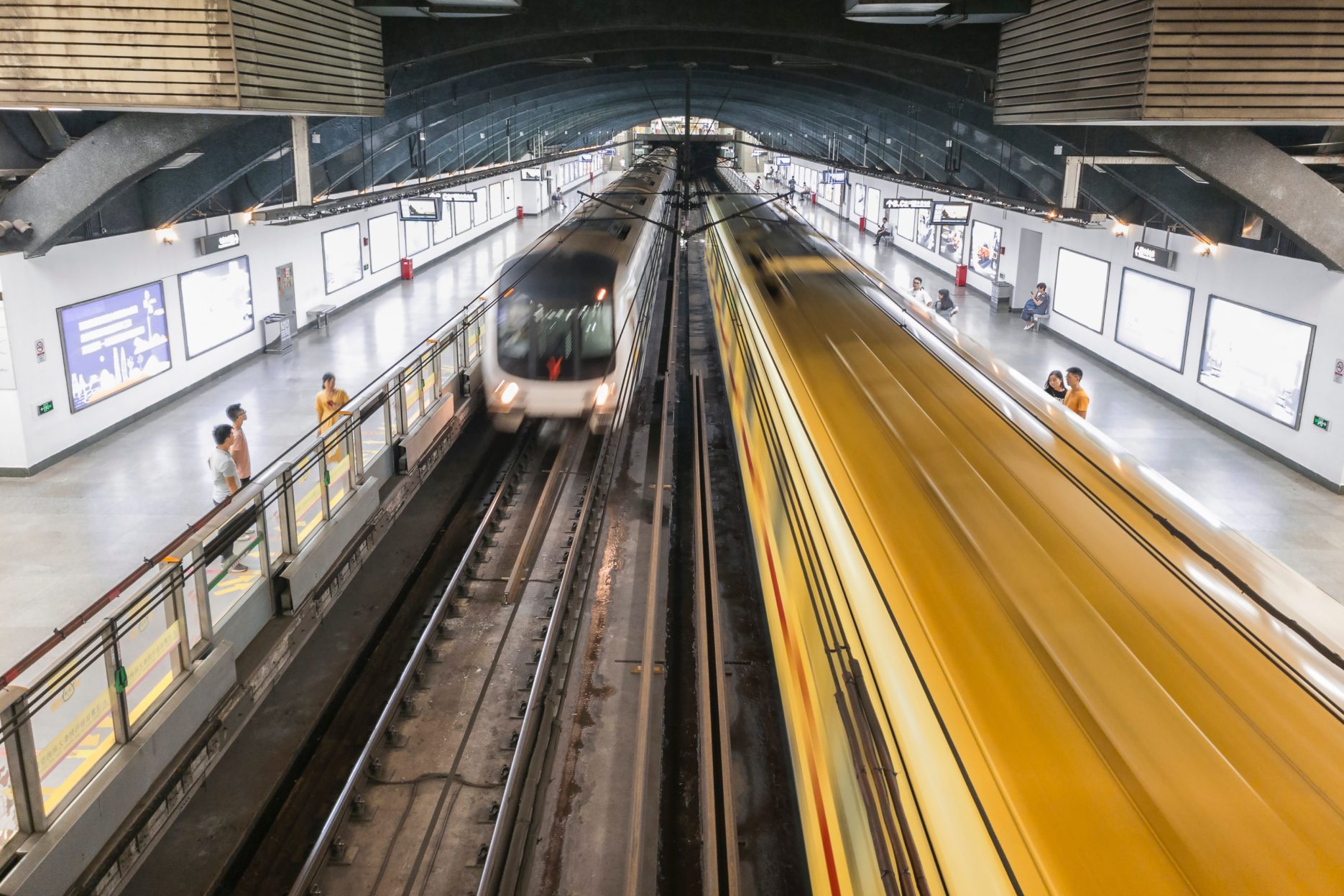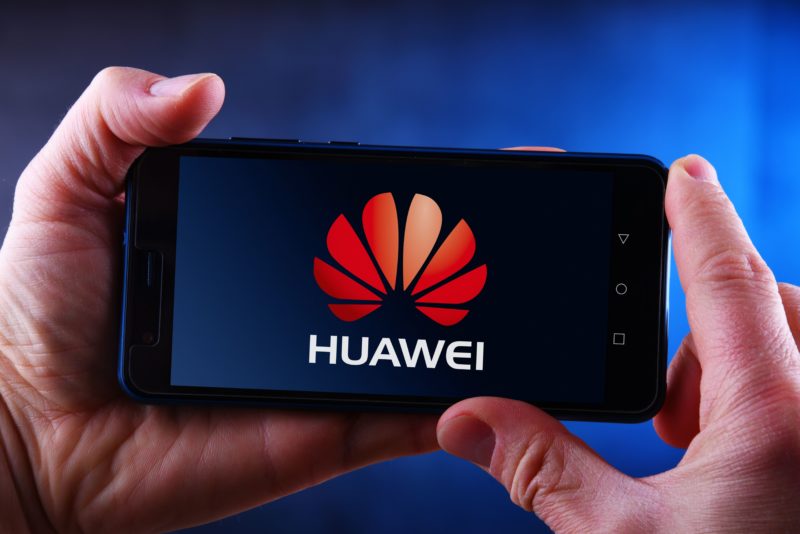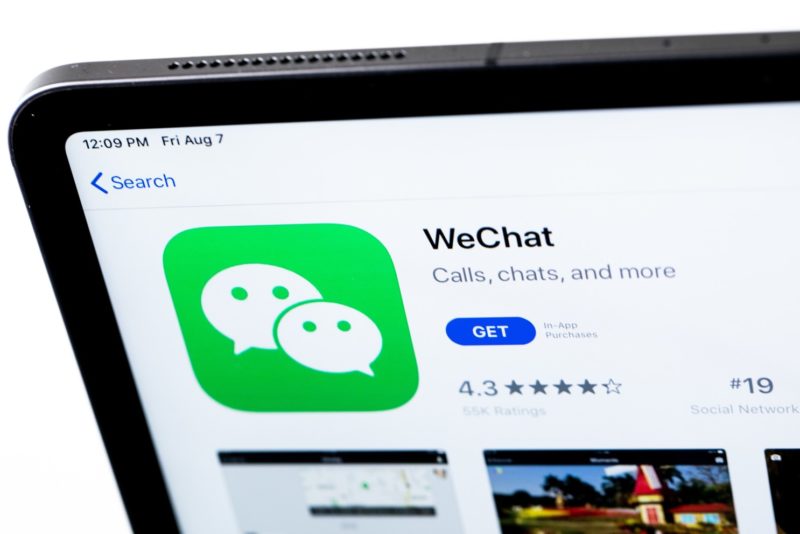China has begun piloting its digital currency on the entire Beijing metro and one line of the Suzhou subway system. This development marks a progression in the country’s rollout of the digital RMB, also known as the CBDC (Central Bank digital currency) or DCEP (digital currency electronic payment). The pilot is a good test of the wide-scale useability of the digital RMB as metro payments are conducted frequently and have wide coverage.
Passengers in Beijing and Suzhou can connect their metro app to a digital RMB wallet and scan a QR code when passing through the barriers. However, in Beijing, only passengers who bank with ICBC can use the service.
Development of the digital RMB has expanded rapidly in the last year with pilots taking place in Shanghai, Hainan, Changsha, Xi’an, Qingdao, Dalian, Shenzhen, Suzhou, Xiong’an, and Chengdu. It is being used for a growing number of applications, including:
- Promoting consumption during large-scale shopping festivals
- Booking flight tickets
- Paying for transport, water and electricity bills
- Deposits and withdrawals from certain ATMs
- It will also be trialled at the 2022 Winter Olympics
At the same time as China scales up the digital RMB, it is also launching a major crackdown on cryptocurrencies as it seeks to establish the CBDC as the sole digital currency in the country. Over the past few months, many provinces in China have ordered the closure of mines, including Inner Mongolia, Sichuan and Qinghai.
Read more:









